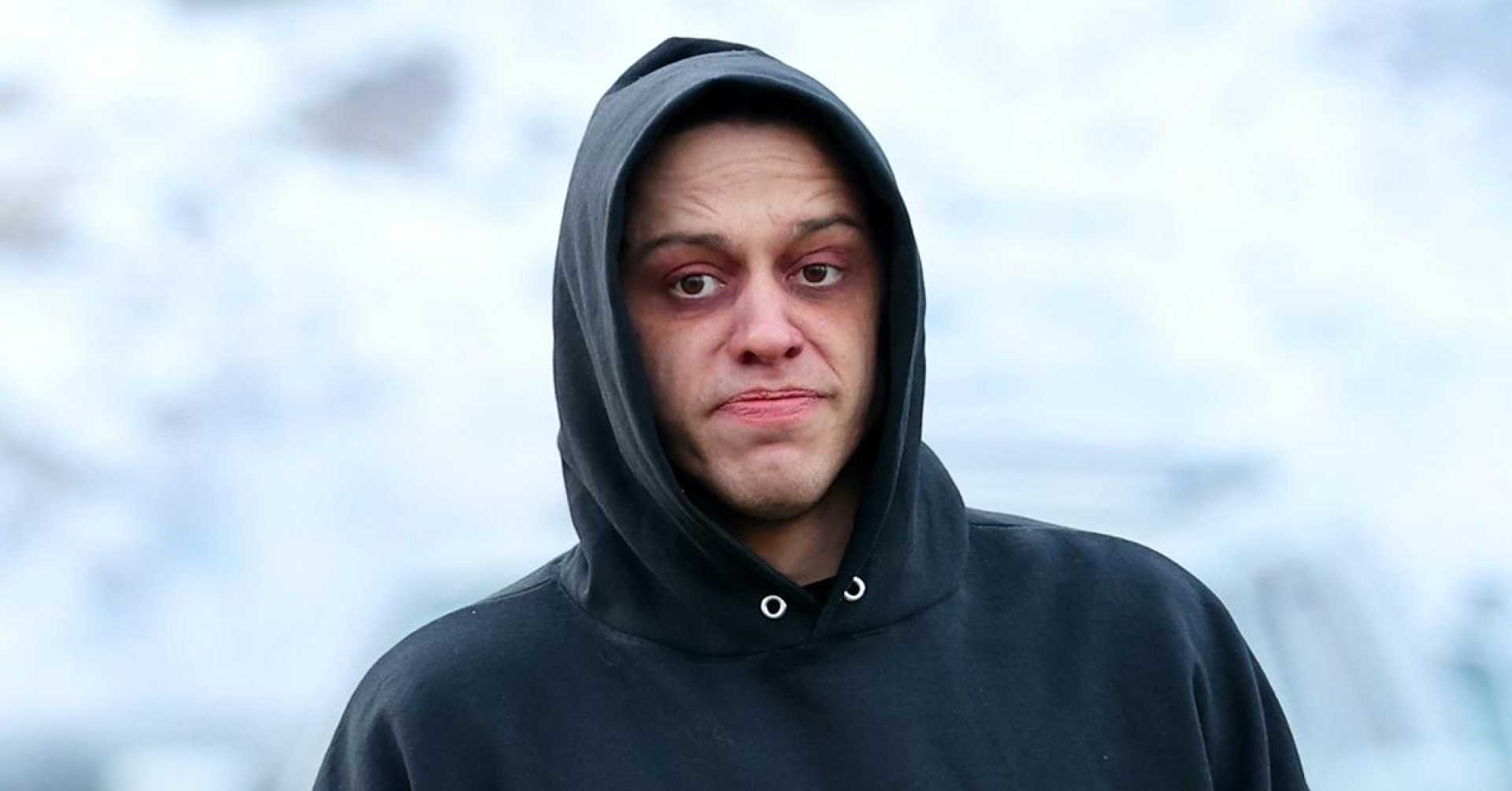Entertainment
Matt Terry Criticizes ‘The X Factor’: Calls for Mental Health Support

Former winner of ‘The X Factor‘, Matt Terry, has voiced his concerns about the impact of the reality TV show, stating that he hopes it “never” returns to television screens due to its detrimental effects on participants. The singer, who rose to fame after winning the thirteenth series in 2016, shared his struggles with fame and the lack of support he experienced after the show ended.
In an interview with MailOnline, Terry, 31, said, “It’s not good for people. I’m strong, and I know how I dealt with it. You go in there and you’re built up, and I was a waiter beforehand.” He stressed the need for the show to include psychological support for its participants, noting that many past contestants still grapple with identity issues years after their stint on the show.
Terry, who released his debut album ‘Trouble’ in 2017, highlighted the absence of support following the show’s conclusion. “When I came off the show, it changed my life, and it opened many doors, but I struggled definitely. Afterwards, there wasn’t anyone there to help me,” he remarked, acknowledging the role of his friends and family in helping him cope.
A spokesperson for ‘The X Factor’ told MailOnline that there were comprehensive measures in place during Terry’s participation in 2016 to ensure the welfare of contestants, including a dedicated welfare team comprising psychologists, doctors, and welfare producers. Despite these measures, Terry pointed out ongoing support from mentor Nicole Scherzinger as crucial, saying, “She’s the only one that if I reach out or vice versa, we are there for each other.”
Issues of mental health and support have been raised by other former contestants as well. Katie Waissel, who competed in 2010, previously stated that the show “ruined” her life. Waissel has since sought therapy for PTSD and established the OWHL Foundation to assist others in the entertainment industry facing similar challenges.
Jedward, a duo who competed in 2009, criticized the show in a series of tweets, alleging they were “a slave to the show” and received no payment while it profited. Similarly, Cher Lloyd, a contestant from 2010, accused the show of exploiting her, expressing her disillusionment with the music industry in a TikTok video.
Rebecca Ferguson, who came second in the seventh series, also expressed her experiences with misogyny and bullying in the music industry, testifying to MPs about “awful human rights abuses” and the systemic nature of such issues, calling for urgent governmental action to tackle these problems.












